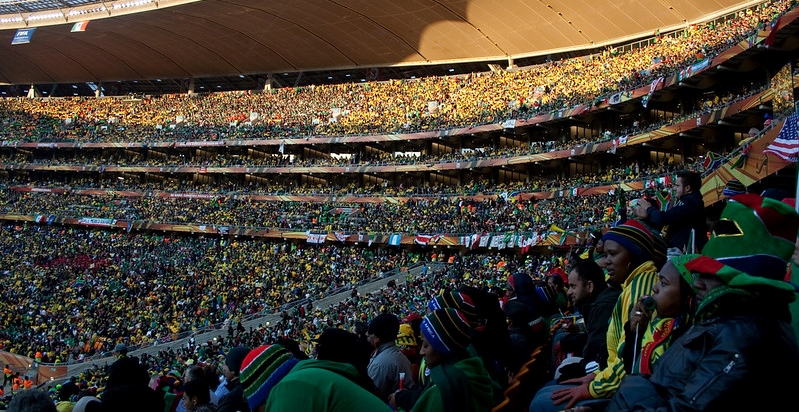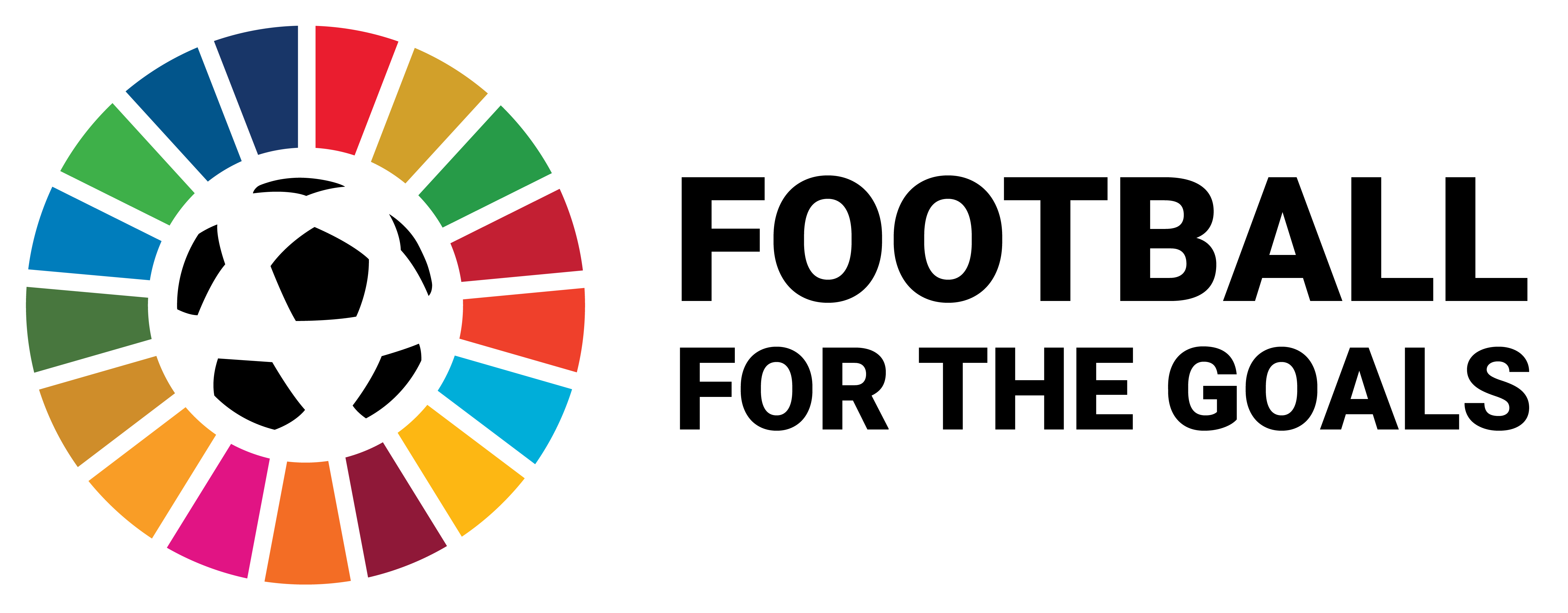
David Goldblatt believes African football can sell globally, but a lot has to change. He points out issues such as poor governance, the influence of European football and the state of infrastructure that need urgent attention.
In this interview, sports journalist Shon Osimbo talks to David Goldblatt, a renowned football historian and researcher whose works spun many years and touched many countries. Goldblatt is also an author of several books on football. Goldblatt remarked that football meant something profound to the people everywhere one went. The doyen of sports is an ardent fan of Tottenham Hotspur in England.
Goldblatt – The Football Encyclopedia

David Goldblatt – Football Author and Journalist
At the beginning of the interview, Shon wanted to know who David Goldblatt was? In response, he gave a brief background by asserting that he had been in the field for over twenty years, in which time he had published several works on football, including The Ball is Round: the Global History of Football (2006). The book was an attempt to understand the socio-cultural background of football and the political and economic underpinnings. He published other books in between, but later, The Age of Football, The Global Game in the Twenty-first Century (2019), was more of a sequel to the Ball is Round, a journey through football development in the 21st century.
“Everywhere you go, football means something profound to people, and that has propelled me to write these two books”.
It is not every day you see and admire passionate people in various fields in life. The conversation that Shon Osimbo had with our guest David brought back nostalgic dreams; the passion through that man’s voice makes you wish African football history would be drawn on the seats of these gigantic stadiums that often lie empty. David is an author of several books, and according to David, football has become a unifying factor in the world. The most populous countries in the world (the USA, China and India;) who in the 20th century were not inclined to football have experienced a paradigm shift. This is evident from the number of football fans in these countries.
The State of African Football
On the state of football in Africa, Shon wondered why Africans were not delivering and why are there empty stadiums in Africa? “This has happened because of the introduction of satellite television in our homes,” said David. “The viewership of premier league games on weekends has increased to 350 million people, and that is Africa only,” added David.
It is equally evident that people are no longer going to stadiums to watch football, and those willing to go to the stadiums do not have the wherewithal to buy access tickets. David added a sentiment that has always been a thorn in the flesh of every African football fan. In Africa, players migrate to the European league because they are not well compensated or are not compensated at all for their trade. The grass is greener in Europe for African players in that case.
African Football from the Grassroots
Passionate fans always want more. As a football blogger, I want more from the African scene. Therefore, what can be done to change the ailing systems of football in Africa? In line with that question, what needs to be done to promote grassroots football? We need to sell football to many Africans as organisations, which is not being done now. Football can only be taken to the grassroots levels if there is more support. Further, we need to find ways to fight corruption in football associations.
Also, instead of building large, expensive stadiums that are rarely used, money can be channelled to make small affordable pitches for children, which will create the football culture early. The design of stadia and their surrounding is also crucial. David observed in visits around Africa that there are very few access roads to these stadiums; therefore, it is hard for the movement of these fans.
He added that we need to invest in women’s football because that is the new scene that many countries in Europe are focusing on.
The Africa Cup of Nations
Shon asked pertinent questions concerning African football. In my view, we as Africans have been unable to sell football, or the systems that we are using are not working effectively for us. Shon asked if changing dates fixed for the African Cup of Nations or any African tournament affects the number of fans who show up for games. Yes, it affects the number of fans because they will not trust the events’ organisers.
At this point, the interview was coming to an end. The conversation had been beautiful. Therefore, we had to ask what was next for this talented author. David wants to battle climate change through football because it is the fastest-selling entity that brings many people together in one place.
He equally motivates other football lovers to write about the history of African football. His parting shot was a question; football has always gone hand in hand with music in Africa. When did that change?
You can watch the full interview here. Remember to SUBSCRIBE to our YouTube channel, FFA Media.
Trevour Maloba is a third-year Bachelor of Arts in Communications student at Strathmore University. I am interested in writing, photography, videography and fitness. From time to time, I cook as a hobby and read many novels. I am currently working as a Communications Intern with The Football Foundation for Africa.
 Back to Blog
Back to Blog 







